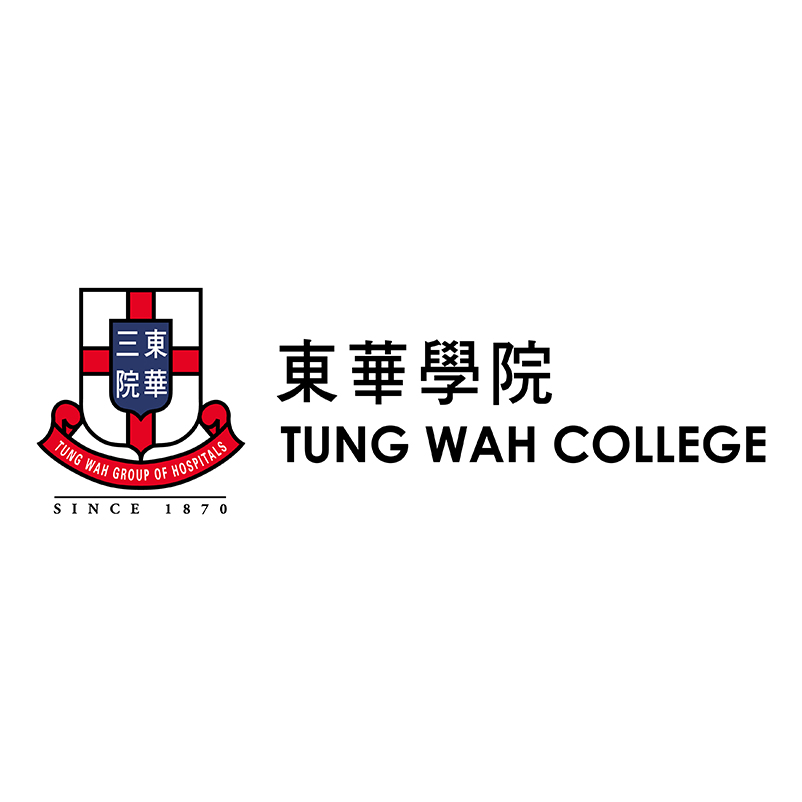POPULAR SOCIAL SCIENCE COURSES
This article provides an overview of popular Social Science courses.
Social science can be defined as the scientific study of social relationships and human society as a whole. The study of human behavior in social and cultural aspects are embedded in all Social Science programmes. Popular courses include Political Science, International Relations, Anthropology & Sociology, and Economics.
Political Science
Students who enrol in Political Science programmes study the theory and practice of politics and government at national and international level. Some of the subjects studied include History, Administrative Science and Policy Studies. Political Science graduates can find employment as analysts, political advisors and project managers at international organisations, public sector institutions, non-governmental organisations and think tanks. They also have the relevant background to pursue a career in politics as well. Those who are interested in Political Science need to be well-read in local and international issues and possess strong critical thinking and communication skills.
International Relations
International Relations encompasses the complex political, economic and cultural relations between countries in today’s era. Students gain knowledge on a variety of topics such as human rights, global poverty, environmental issues, globalisation, ethics and politics. Individuals with qualifications in International Relations are sought after by humanitarian organisations, government agencies, media outlets and think tanks. They may be employed as assistants to politicians, public affairs consultants, public relations officers and social researchers. Jobs in international relations require good research and analytical skills. Strong writing and oral communication skills, teamwork, flexibility and open-mindedness are important traits as well.
Anthropology & Sociology
Undergraduate programmes in Anthropology & Sociology often go hand in hand. Sociology is the study of society and social changes whereas Anthropology is the study of culture in different social institutions. Students carry out in-depth research and examinations on a variety of human cultures and societies, their histories and current situations. They compare cultures and societies, and explore contemporary issues such as gender relations, media, education and community development. Graduates of Anthropology & Sociology may find job opportunities in community development, social work, urban and social planning, environmental management, education and journalism. Useful skills include research, interpreting data, organising and planning, and computing skills.
Economics
Economics is the study of the creation, distribution and allocation of wealth in communities around the world. Students will learn important economic theories and quantitative methods and how to apply them in different areas. Other than Microeconomics and Macroeconomics, major subjects in an Economics programme include Financial Economics and International Trade. Some of the employers looking for economists are government agencies, think tanks, financial institutions, insurance firms, rating agencies and consultancies. Economists need to have excellent skills in research, analytical thinking, numeracy, complex problem solving, presenting and writing.
Other popular Social Science courses are Psychology, History, Linguistics, Archaeology and Geography. Social Science courses widen your perspective, increase your knowledge of other cultures and make you understand humanity better. All these aspects are important and can be applied across many industries.
Generally, an undergraduate degree takes three years to complete and a number of public and private higher education institutions offers undergraduate and postgraduate courses in these areas.
Undergraduate social science programmes accept students with prior study in both science and arts subjects at pre-university level.
Advices





News from Institutions


















